On Scottish Books: Alexander Dunedin
Notable writers and readers share five of their favorite Scottish titles.
For Volume 8 of ‘On Scottish Books’, we are joined by Alexander Dunedin, founding contributor of Ragged University. Take it away Alexander!
A book is a companion, it is a moment shared with someone across time, somewhere far off in another country. It is not just a voice on page, but it is a connection with a human hand, a person who has given something to you wherever you are. My bookshelves and my head is lined with these worlds which stay with me as I go through the days, wandering about my business, wondering.
So, here are a selection of books which paint the human story of that strange scrag of island known now as Scotland; at least for me. Born in the lowlands, déraciné, I have lived on the streets of Edinburgh, city of castes, city of Jeckle and Hyde, cartoon metropolis, vassal seat of empire. I was first taught to be interested in history by a journalist, Will Martin, who spoke fluently five different languages including Gaelic. It was him who told me that I was déraciné, a word he had picked up from his time in Languedoc and Outremer. He helped me bring critical thinking to my own thoughts and stir myself to learn more of history and how it interconnects; this booklist is dedicated to him.
1. A Source-book of Scottish Witchcraft by Christina Larner
This is an important work of scholarship and research by someone who is recognised as a major thinker when it comes to the femicide referred to as the ‘witch hunts’. I read this in conjunction with Sylvia Federici’s copyleft book ‘Caliban and the Witch: Women, the Body and Primitive Accumulation’ in order to get a handle on just what had happened in Scotland in the witch hunts that saw so many people murdered, particularly under the influence of James VI of Scotland. As a book it provides a foundation for any social- historical analysis of the changing power structures in Scottish society. Along with looking at the kangaroo court records of the trials people can build up a picture of what was happening in and to Scottish society.
2. The Democratic Intellect: Scotland and her Universities in the Nineteenth Century by George Elder Davie
This book looks at the important history of the educational traditions which predated the Anglicization of Higher Education in Scotland. It examines a generalist perspective of knowledge and learning which is anchored in philosophy and how this related to traditions of thinking on the continent. This was prior to the silo-ing of subject disciplines into distinct courses and departments which I see as related to the impact of the division of labour. The specialisation of universities, departments and scholars was to begin in England and only permeate Scotland later. In the Scottish tradition it was more acceptable to be drawn into all subject areas as connected in different aspects of the world as it is. The book and the history reinforced for me the polymathic nature of humans and helped me reflect on the problems which come with over-specialisation and the division of the minds of people.
3. The Lowland Clearances: Scotland’s Silent Revolution, 1760-1830 by Peter Aitchison, Andrew Cassell
This book I read following Tom Devine’s ‘Clearance and Improvement: Land, Power and People in Scotland 1700-1900’ and other volumes on the famous Highland Clearances of Scotland. It tracks the slow and steady clearances of peoples from the Scottish lowlands as ‘superfarms’ started to develop through the concentration of land ownership and power. There is no doubt that it forms a continuum in the story of central control initiated through the enclosures of England, and forms an important part of the tale of dispossession etched into British history and psyche. However, this tale is lesser told as cottars and subsidiary farmers were slowly and more silently moved from the land into the city scapes where industry was being planned by ‘high heid yins’. Sheep had become more profitable than people and this period set a staging post for the spread of violent dispossession which the Highland Clearances has come to be associated with.
4. White People, Indians, and Highlanders by Colin G. Calloway, Oxford University Press
In my readings of history I was taught not to look at moments in isolation but to follow threads into different times and through different disciplines. Calloway’s book represents an important part of the journey of looking at the development of enclosures, how these were initiated in the lowlands of Scotland before being violently accelerated in the highlands generating a diaspora of Scots to the Americas. This book charts the settler colonialism which followed the dispossession of the peoples from their land and records the relationships which emerged with the indigenous peoples of where they were (for many) forced. This includes the dispossession of the native Americans by settler colonialism which is bound up in the history of Scotland lesser expressed and obscured from the tartan shortbread tin romantic images which have so comfortably been quilted.
5. Let The People Sing by Helen Crummy
This book I read in conjunction with ‘Who Runs Edinburgh’ by David McCrone. Where McCrone offers a policy account and sociological analysis of Scotland’s capital, Crummy writes an ethnographic account of the development of the council estates where people were decanted from the old town of Edinburgh. This book is not only erudite and one of the most astute sociological analyses of town planning, its fundamental failure and sins, and the treatment of the people of Craigmillar by the political class. As a book it is lauded to tell the story of The Craigmillar Festival Society and how to organise in a community, but beyond that it provides a historical document of the production of impoverishment sold to the people as a vision of Patrick Geddes often cited as the ‘father of town planning’ (and who whirs like a turbine in his grave). This historical document and lesson in public sociology reveals Dr Jeckyl as Mr Hyde offering an account of the problems which were to emerge as a world exemplar of how not to build the environs of a society.
BIO
Alexander is another average person making his way through, as far as we know, one of the most unique places in the universe which is infinitely unlikely to have come to exist, but nevertheless, it has, confounding us with our sense of the real and the logics we have sculpted as a species. Having found his people on the road, he doesn’t know where they are right now but is comfortable with the uncertainty principle. Discovered social traditions of learning like the Hedge Schools and the likes of John Pounds and never looked back having understood that the knowledge and wisdom is stored in the people. Current whereabouts unknown, even to him...
Check out the wealth of knowledge of Ragged University here: www.raggeduniversity.com
Thank you so much Alexander! And thank you all for reading. Stay tuned for future installments of ‘On Scottish Books’!
You might also enjoy:
My Scottish Bookshop Directory and Scottish Wanderlust Book Club :)
Lilly




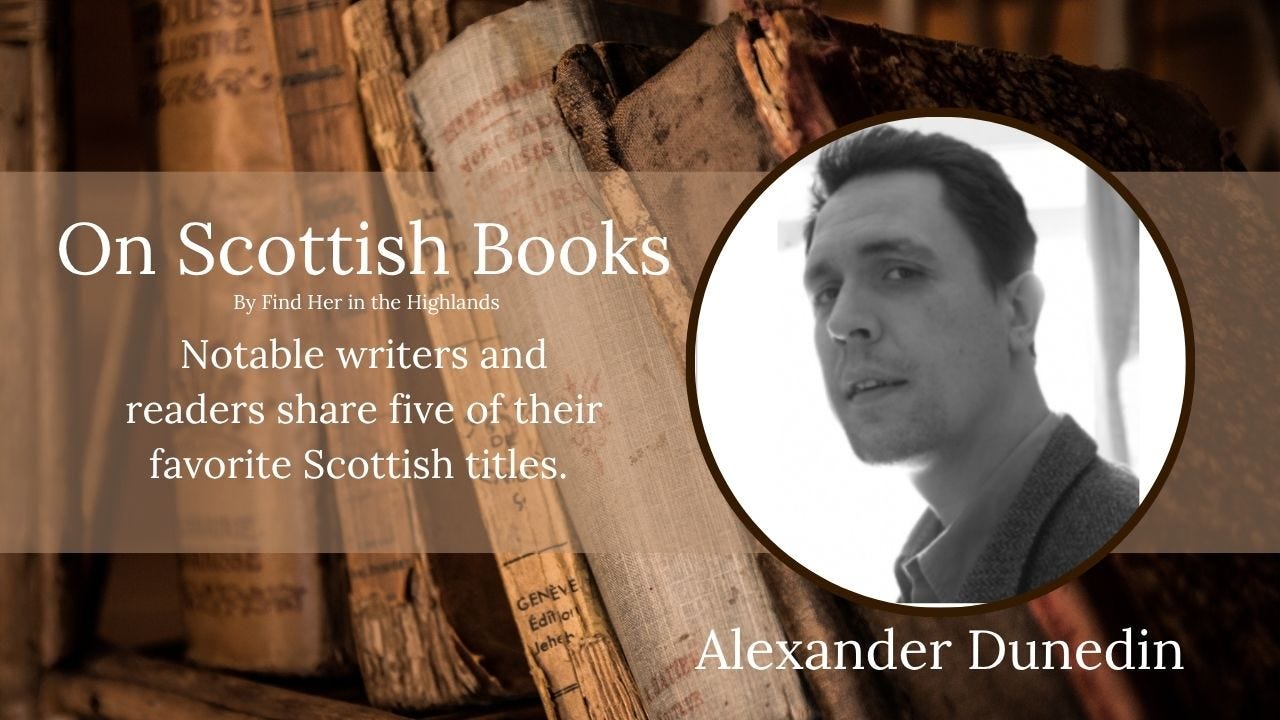
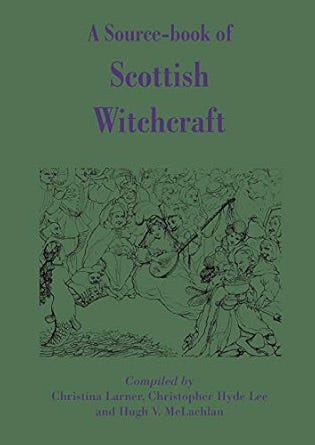
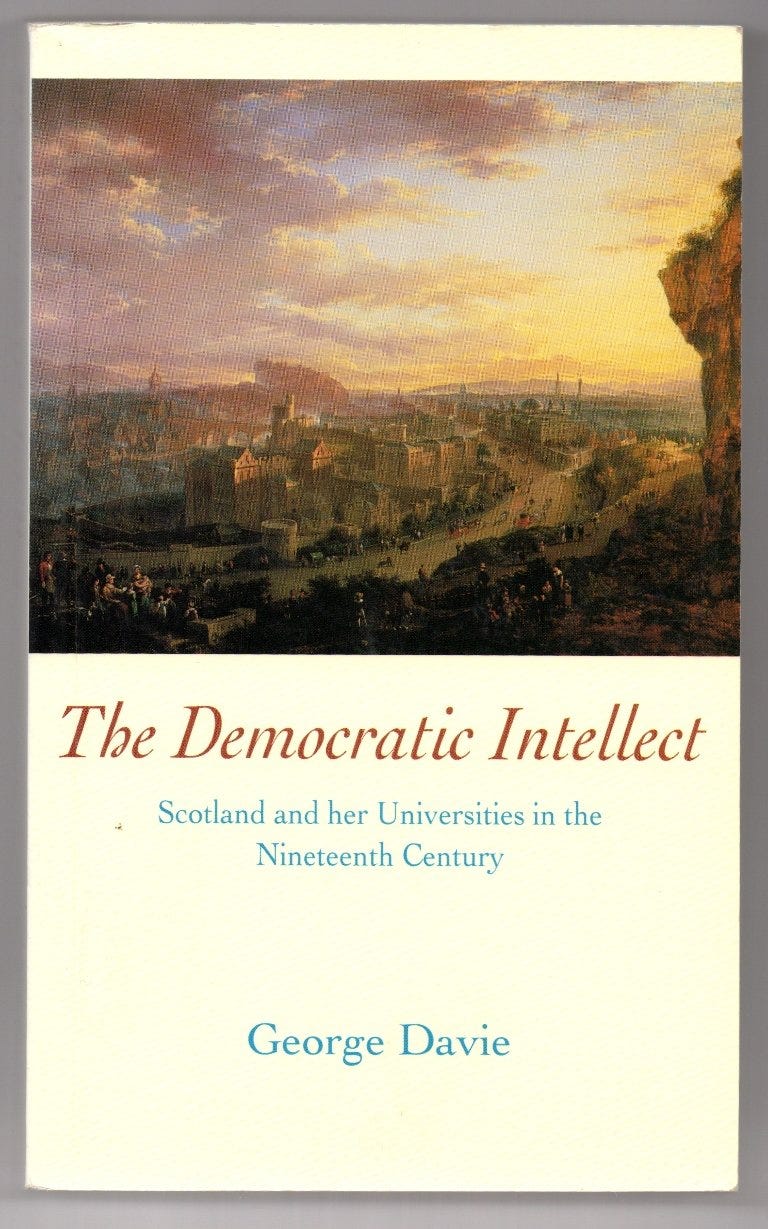
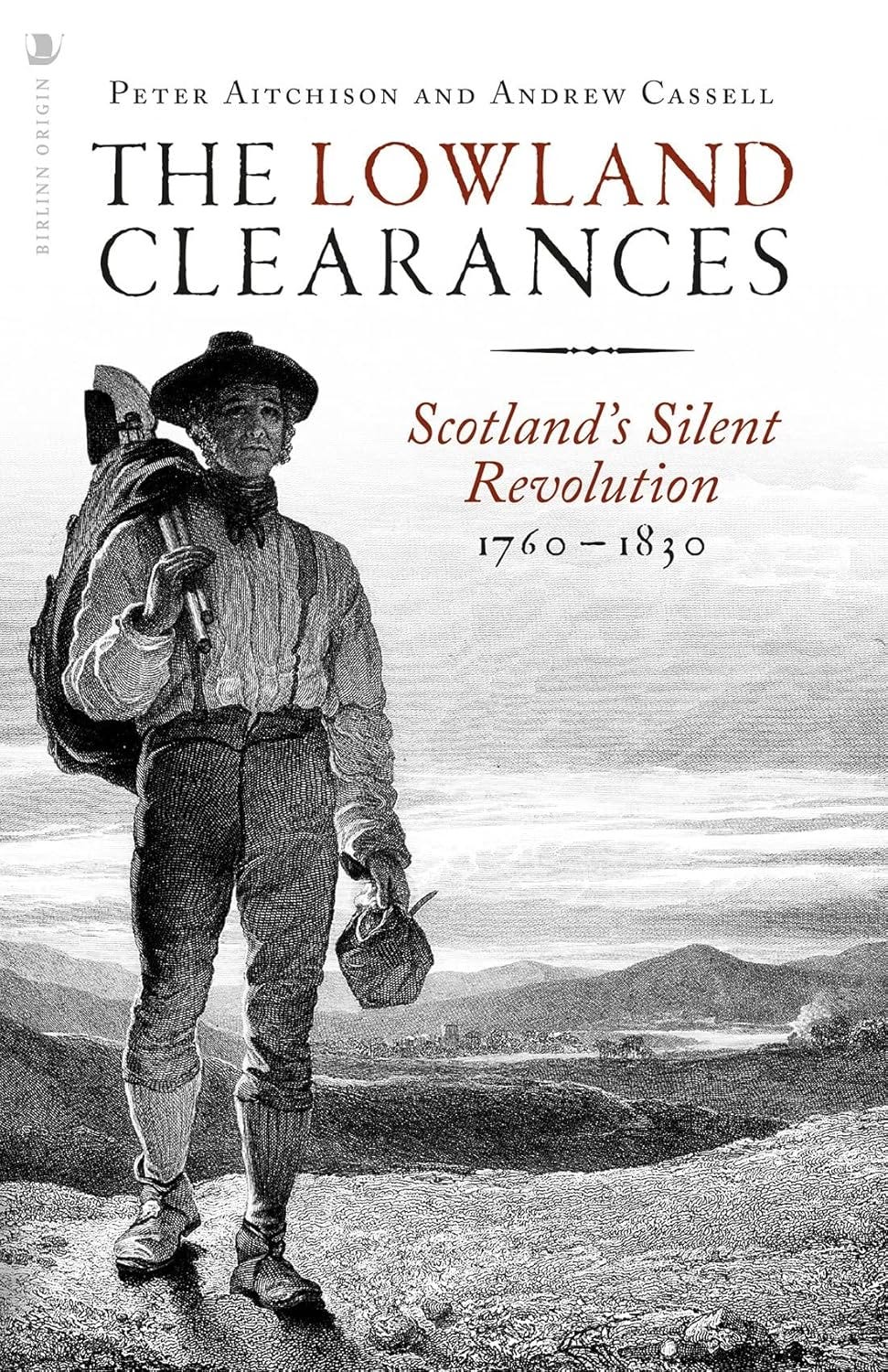
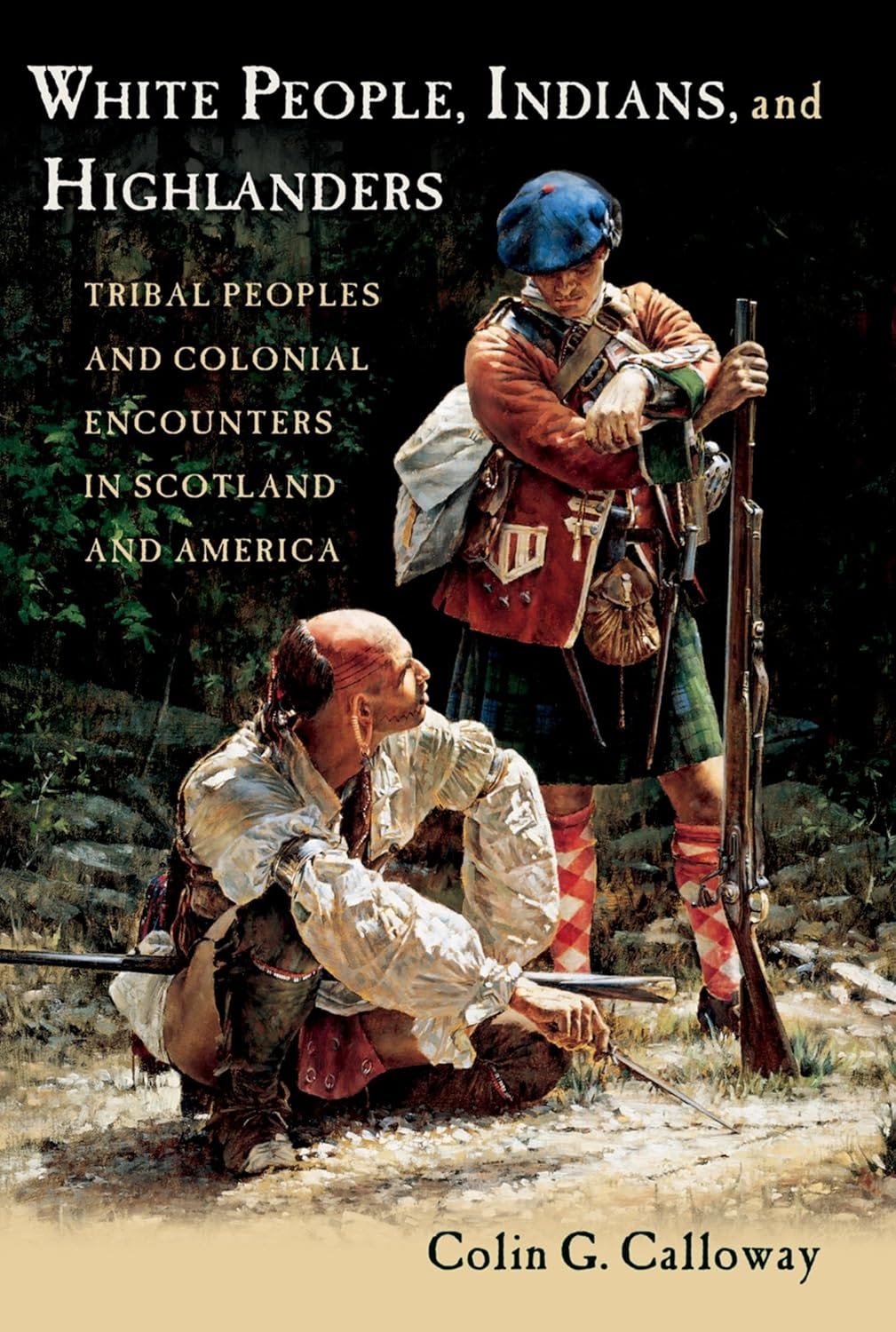
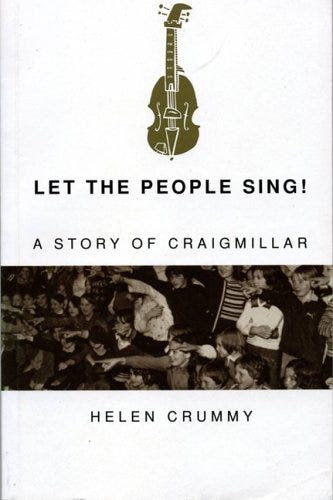
As is typical of Alex, he leaves no stone unturned to discover the roots, soil profile and bedrock of our society.